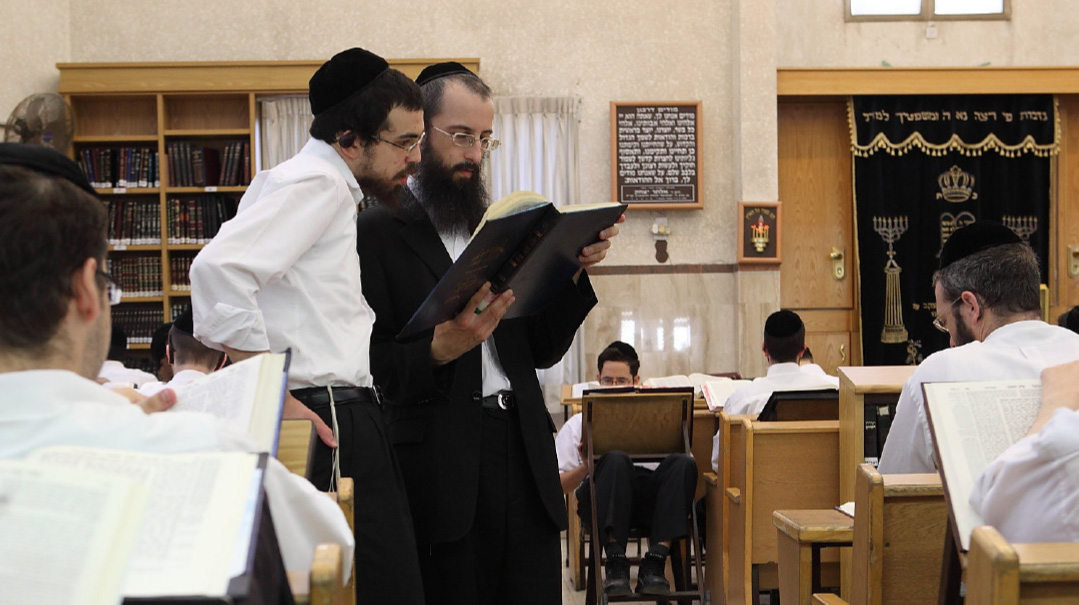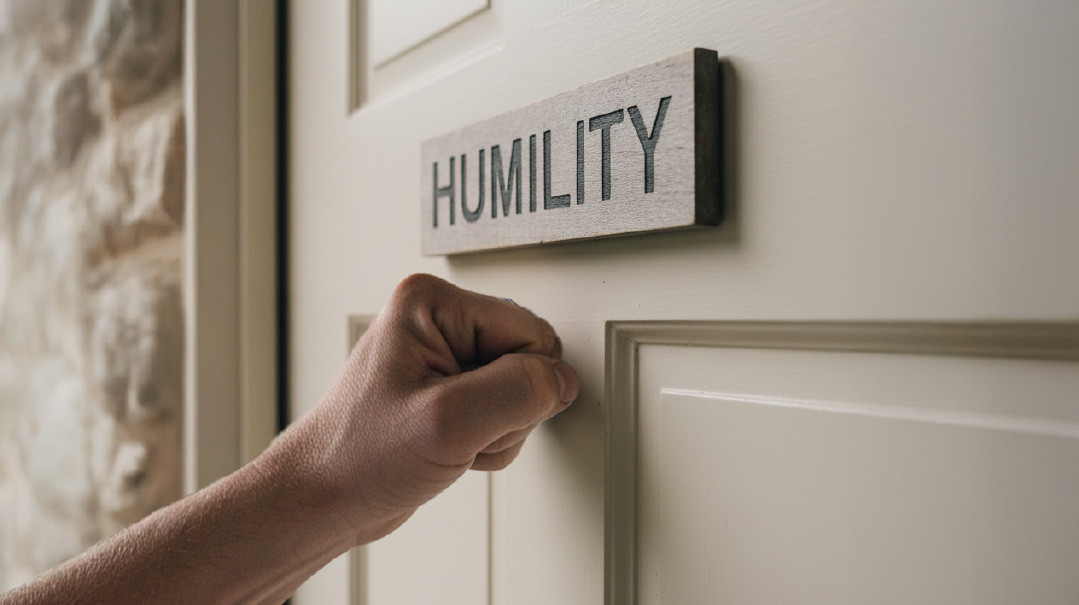My Job
| September 24, 2024Our “job” remains the same: the same intensified focus, the same intensified teshuvah, the same intensified prayer

I hear all around me, “What is the spiritual silver bullet this year?” For all but the very few Holocaust survivors still with us, this past year has been the worst in our collective lives. What do we make of this? How do we go into Rosh Hashanah and Yom Kippur? What is our “job” at this year’s Days of Awe?
So much is impossible to absorb — hostages, mass murder, body-burning — I shall not mention more details. We all know them. Perhaps of particular anguish is the perversely brilliant tactic of the evil ones in tying us up in knots, coercing us to agonize over whether to agree to a cease-fire to free hostages — and leave Hamas in power — or whether to shun a cease-fire and risk sacrificing the hostages. Not to mention the outbreak of unabashed Jew hatred in our land and around the world.
Given the spiritual and political condition of the Jewish People, that is, of each one of us, what is the appropriate approach to Rosh Hashanah this year?
I never remember concentrating on that question; I only remember focusing on my own “job” — my faults, hopes, resolutions, and methods for teshuvah. This year I cannot escape framing my personal obligations separate from the larger Jewish community’s worldwide. I hear everyone around me similarly perplexed as the Ten Days of Repentance are upon us.
A story.
The Talmud says that one does not really understand one’s rebbi, one’s primary Torah teacher, until 40 years after he dies. Now, not everyone has a primary Torah teacher, and of those who do, few outlive him by 40 years. I both had a rebbi and have outlived him by 40 years (and more).
Rabbi Samuel Adelman came to BMH Synagogue in Denver in 1957, and in 1966, he died suddenly, without warning, without any evidence of prior illness. It was shocking. Now is not the place to expatiate on Rabbi Adelman. Let me suffice by saying only this: In the nine years he was in Denver, he inspired more boys to go to yeshivah than all the rabbis in Denver in the previous 50 years. (There was no yeshivah in Denver during his short tenure here.)
Forty years is a long time. There are a lot of twists and turns in one’s life over that period. For those 40 years, I was not thinking of Rabbi Adelman’s 40th yahrtzeit. But in 2006, a few months before the 16th of Cheshvan (the date he died), I began to get curious. What radical new insight would I acquire on his 40th yahrtzeit? What flash of meaning and understanding would be given to me? As the time got closer, I had a kind of excitement. Then the yahrtzeit was just a month away, then a week away.
Then, the 40th yahrtzeit came — and it went. There was no flash. No revelation. The heavens did not open up. No radically new insight into Rabbi Adelman came to me.
For quite some time afterward, I puzzled over this. I was bothered. What did this statement in the Talmud mean? I couldn’t fathom it. I didn’t understand.
But as I say, I puzzled over it. This is the conclusion I finally arrived at: If, after 40 long years, the rebbi still speaks to you, the rebbi still inspires you — you can still hear his words, you can still summon his visage, you can still ponder and be moved and guided by his teachings; if, in effect, his death did not interrupt his powerful teachings of Torah and halachah, that is the deepest insight into the rebbi. He is still with you. His presence is the same. This is what the Talmud meant.
This, I think, is the message for Rosh Hashanah and Yom Kippur this year. There is no spiritual silver bullet, no revelation, no radical new insight. Our “job” remains the same: the same intensified focus, the same intensified teshuvah, the same intensified prayer, which, of course, always embraces Klal Yisrael, given that our central prayers are in the plural.
All this avodah, this soul work, must not change. It is not for us to fathom the purposes of the Creator, to ascertain His plans the House of Israel over the past year. That is “His job,” so to speak. Our “job” is to stay the course, to sustain the holy avodah that He always requires of us in this season. Not to look for some flash of meaning. That is a diversion. Our job is to pray, to hope, to request, to commit.
My late, cherished mentor and friend, Rav Yechiel Perr, the rosh yeshivah of the Yeshiva of Far Rockaway, who left us this past 26 Nissan, once related an incident to me.
It was Elul in the yeshivah before the Holocaust. It was mussar seder, the time to put down the Gemara and take up a mussar book, to engage in introspection. The mashgiach in the yeshivah approached one of the students and asked what he was studying.
“Hilchos Teshuvah of the Rambam” — the Laws of Repentance in Maimonides’ Code — came the reply.
The mashgiach signaled his disapproval.
The student was sore perplexed. “Hilchos Teshuvah of the Rambam — what could be better than that?” the student asked.
Back then, as often the case now, because there is so much commentary on the Rambam’s code, it is printed as a large book.
The mashgiach told the student, “One doesn’t learn mussar from a big book.”
What he meant was that when it comes to one’s personal spiritual tasks — understanding oneself, one’s personal failings, goals, and spiritual obligations — the idea is not to seek the big picture on repentance. Not to understand all of its theories and byways beginning to end, but to locate a few passages in a mussar book that speak to one’s own soul, that address one’s own spiritual state, one’s own potential.
The big picture on repentance is not for Elul. The season of Elul and the Ten Days of Repentance is the time to figure out how to recharge and refine myself as a servant of the Creator. In that way, I can make a difference for myself, my family, my people, and humanity. Yes, I am supposed to refine my tools to fix the entire Jewish People and indeed the universe — one person at a time, the only one I can control.
Rabbi Hillel Goldberg is the editor and publisher of the Intermountain Jewish News, for which he has written a weekly column, “View from Denver,” since 1972, and the author of numerous seforim about the mussar movement and other subjects. His column will appear once a month.
(Originally featured in Mishpacha, Issue 1030)
Oops! We could not locate your form.







